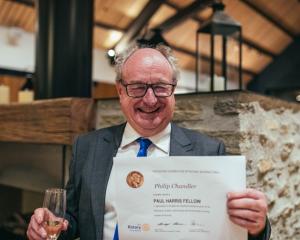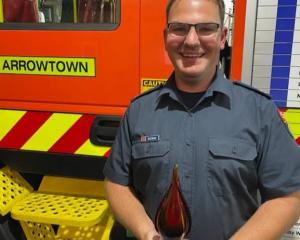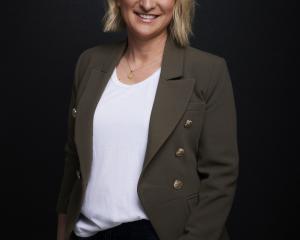Prof Anne Young, of Massachusetts General Hospital and Harvard Medical School, took time out from attending the 31st Australasian Winter Conference on Brain Research in the resort to visit CareVets, Frankton.
Prof Young and three veterinarians discussed how humans and animals were not so dissimilar neurologically. Prof Young
specialises in neurodegenerative diseases including Huntington's, Parkinson's and Alzheimer's and said there were animal models in everything, ''from fruit flies to yeast, to sheep, and they're important because it's been possible to try therapies on them you wouldn't try on people''.
CareVets owner-director Ngaire Dixon said brain disorders could affect older cats and dogs, but the challenge was those patients could not explain what was wrong with them.
A cat could forget where its food and water bowls were, but the owner might think the cat was deliberately not eating. A dog would bark through the night without reason, but the matter could be ignored by the owner.
Vets were trained to spot telltale signs of brain conditions in pets, Dr Dixon said.
''We rely on comprehensive neurological exams and go back to basics by localising where lesions are to see what the problem is,'' she said.
There were more than 48,000 people living with dementia in New Zealand and the number was expected to triple by 2050.
Prof Young said diet could change dementia in animals, ''so maybe we should look closer at diets with humans with dementia.''
Prof Young was one of more than 140 international scientists to attend the conference on brain research in the Copthorne Resort Hotel from Saturday until today.
The purpose was to encourage interaction between a range of academic and clinical brain research disciplines, including anatomy, kinesiology, molecular biology, neural modelling, neurochemistry, neurology, pharmacology, physiology and psychology.
The University of Otago's Brain Health Research Centre held a special symposium on Alzheimer's disease as part of its 2013 research theme.
Bob Knight from the centre will discuss the effects of Alzheimer's disease in New Zealand, and the research going on to develop a diagnostic blood test for the disease, at a free public seminar in St Margaret's Church hall, Frankton, today at 5.15pm.












